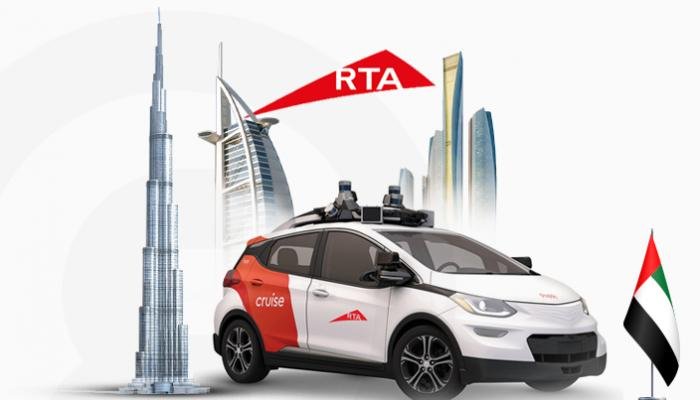Self-driving technology is rapidly gaining traction as a practical and forward-thinking transportation solution in both the UAE and Saudi Arabia, driven by ambitious government initiatives and strategic partnerships aligned with their respective Vision 2030 development plans. The UAE has taken a proactive stance by establishing regulatory frameworks, such as Dubai’s Law No. (9) of 2023, which governs autonomous vehicle operations and sets a target for autonomous trips to constitute 25% of all journeys by 2030.

This regulatory environment has paved the way for pilot projects and commercial trials
Including collaborations between Uber and Chinese autonomous vehicle startup WeRide, which currently operates robotaxis with onboard safety drivers in Abu Dhabi, specifically in controlled zones like Yas and Saadiyat Islands. Dubai’s Roads and Transport Authority has also partnered with General Motors’ subsidiary Cruise to test autonomous electric taxis, demonstrating the city’s commitment to integrating self-driving cars into its urban mobility ecosystem.
Meanwhile, Saudi Arabia is making significant strides with its first robotaxi trial launched in Riyadh
covering routes between King Khalid International Airport and central Riyadh, involving collaborations with WeRide, Uber, and AiDriver. The Kingdom is pushing for 25% of all goods transportation to be fully autonomous by 2030, reflecting a broader strategy to modernize logistics and diversify the economy.
To support this
Saudi Arabia is investing heavily in smart infrastructure, such as smart communication devices along highways that enable real-time interaction with autonomous vehicles, enhancing safety and efficiency. Despite this progress, both countries face challenges related to their harsh desert environments — sandstorms, extreme heat, and dust can negatively impact the sensors and systems critical for self-driving technology.
Additionally, existing road infrastructure requires significant upgrades to fully accommodate autonomous vehicles
Including the deployment of smart traffic management systems and widespread electric vehicle charging stations. Continuous development and adaptation of legal frameworks are also crucial to address evolving technological and ethical considerations. Nevertheless, with strong government backing, increasing private sector involvement, and ongoing investments in infrastructure and regulation, self-driving cars have the potential to revolutionize transportation in the UAE and Saudi Arabia by improving road safety, reducing human error, enhancing efficiency, and supporting environmental sustainability.
“As these nations move closer to integrating autonomous vehicles on a larger scale, self-driving technology appears not only suitable but also highly promising for transforming the future of mobility in the region”.
2026 Mercedes-Benz CLA Electric: First Drive Impressions | G






